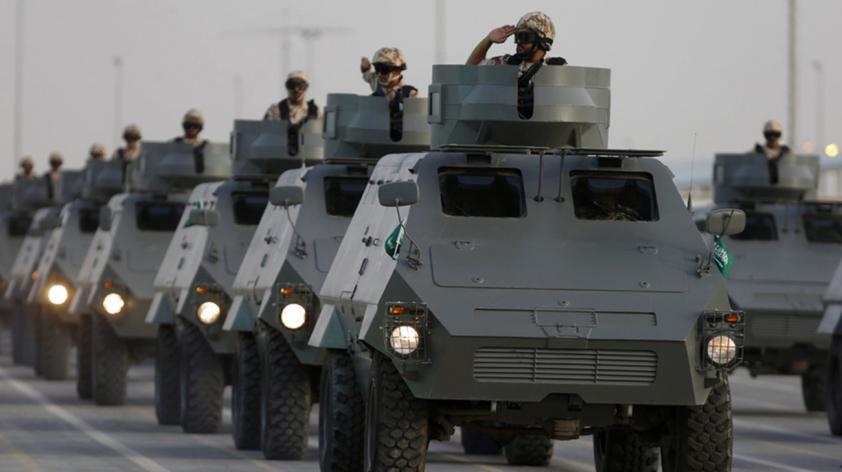Today morning, Reddit India started a cultural exchange thread with Pakistan. In this thread, people from Pakistan asked questions about India. If you think it was an unpleasant conversation with both sides hurling abuses at each other, then you are wrong. Pakistanis asked relevant questions from everything about Indian food, to why people from the North East feel neglected.
We bring you some excerpts from the thread.
On phobia Indians may have towards the Muslim community.

Pakistan: On a grass root level, how much of a phobia, if any exists that perhaps one day Muslims will rule the whole subcontinent again just like we did back in the medieval times.
India: The only subliminal phobia Indians have is that the Indian Muslims will out breed the Hindus, and that India will become another Pakistan.
On Pakistani women.

Pakistan: It seems to be a trope, on both sides of the border, that Pakistani women are attractive. Additionally, it’s one of the common themes of comments from Indians on the cultural exchange thread on our side.
Is this a widespread belief on your side of the border?
India: Yes. Pakistani women are considered hotter. It is a case of grass being greener on the other side.
On partition

Pakistan: What was partition like for your family?
India: Both my maternal grandparents are from small villages in the Pakistani side of Punjab. My Dadaji used to tell me stories about crossing the Sindh (Indus) and its enormous width. He suffered enormously during partition because he was an engineering student in Lahore and had to give up his studies to flee with his family. No one died, but they lost everything and had to start from scratch. Dadi is religious and never talks about her past, but I know that her story is a bit darker since some of her relatives were abducted during the journey. Thankfully, they got an Apartment in Delhi and made a career in public education
Pakistan: My maternal grandparents happened to be on the Indian side of Punjab. They were close to the boundary and found out on the 3rd day (i.e. when Radcliffe Award was announced) that they’re on the wrong side. They were also told that some Sikhs are coming to kill them, so they fled for Pakistan with nothing but the clothes on their backs, they had no time to gather their belongings. When they came to Pakistan my paternal grandparents helped them settle and that’s how the two families met. I guess they were lucky in a sense that they escaped violence.In those days, they didn’t trust banks so they used to fill up pots with money and bury them. They had two pots full of coins made of mostly silver which they couldn’t retrieve when fleeing. So somewhere in India, there’s likely two pots full of silver still buried.
On what Indians like about Pakistan and Pakistanis.

Pakistan: What is one thing that you respect about Pakistanis? I respect the Indian tendency to focus on studies. Also the fact that you guys are able to run such a diverse and large country fairly smoothly.
India: You guys are trying to expand the middle-class and settling things down, despite having a lot of political turmoil, drones overhead, and a lot of terrorist attacks on schools and shit.The youth culture and things like MTV Coke Studio. Also, your TV serials and coal-smoked Kebabs are the one thing I’ll acknowledge you’ve beaten us Indians in.
On Mumbai attacks, and India-Pakistan friendship.

Pakistan: If the Mumbai attacks hadn’t happened, how different do you guys think the relationship between the two countries would be?
India: 26/11 showed us that the intentions on your side were not just for vote bank appeasement or money laundering (like in Kashmir). This was intense and insane. With any other government in place, a cold start would have been activated. It has caused us a lot of pain just like the continued support for separatists in J&K from your side. Still, I feel it matters more to you than to us of what you make of the future of our friendship. Stop supporting anti-India ideologies and yours will be a more prosperous nation.
On why North East seems disconnected from the rest of India

Pakistan: How culturally connected is the Northeast to the rest of India? I’ve only met one person in my life from the NE, and they identified themselves as Assamese, not Indian. In fact, they really didn’t like being called Indian, spoke zero Hindi, etc.
India: There is a disconnect and gentrification which has created problems, but more and more NE Indians come to major metropolitan cities in rest of India for jobs and assimilate. There is also increasing awareness about stopping discrimination, and the issue has gained visibility. So things are getting better.
On Allama Iqbal- the man who wrote Saare Jahaan Se Acha

Pakistan: What is the general opinion of people about Allama Iqbal? Do people even know about him?
India: He wrote Saare Jahan Se Achha. He is well known for this. But, our textbooks don’t mention that he was Pakistan’s Tagore.
On the bonding of Indians and Pakistanis outside Asia

Pakistan: But Indian Americans and Pakistani Americans seem way closer than Indians/Pakistanis back in Asia. Especially in college campuses where you have desi dance nights targeted at Ind/Pak Americans. Also grocery stores, restaurants, art stores etc. Are shared between Indians and Pakistanis. Lots of Indian grocery stores are owned by Pakistanis. What’s your take on that?
India: Australian Indian here. Yeah, South Asians here all get along, unless cricket is involved then there’s a lot of trash talking. We all wish Happy Diwali and Eid Mubarak to each other. Our communities are pretty small here so we all stick together.
It’s a general unspoken rule you don’t talk about Kashmir.
This article has been taken from this thread.









